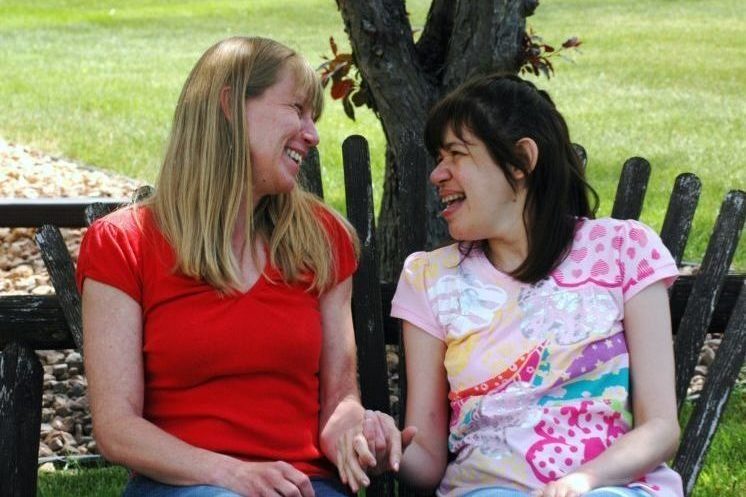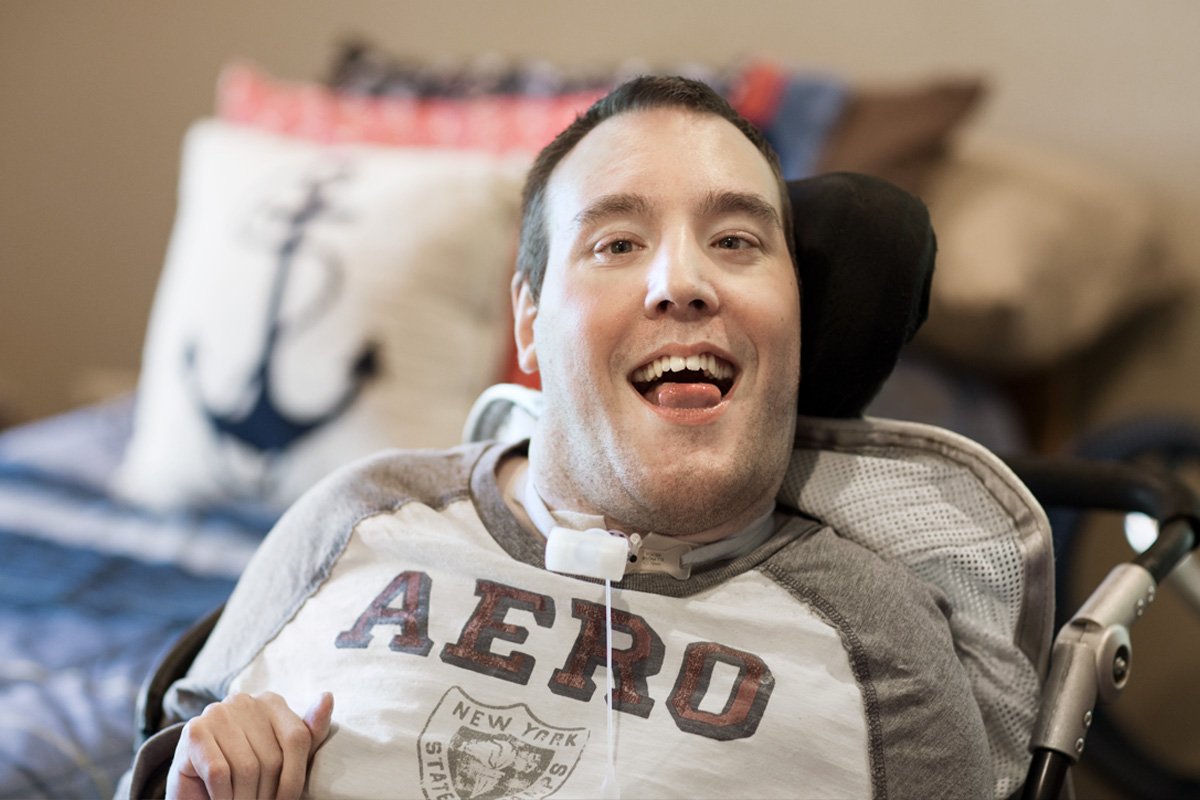CEO Corner
February 9, 2021

Economic Front
Well it is that time of year again: Minnesota’s legislature has convened and is working on putting together a budget for our next biennium (July 1, 2021 – June 30, 2023), as well as working on other unfinished business. Many of us were afraid of the prospects for this legislative session back last summer into fall. The forecasted Minnesota budget deficits looked truly horrendous as a result of the COVID shutdowns, and disability advocates were worried.
However, things have certainly gotten much better on the economic front since those dark days. Minnesota’s budget deficit for this current biennium (through June 30 of this year) disappeared in the early December forecasts. The forecasted deficit for the new biennium was reduced to $1.3 billion. Both the Governor and the Senate Majority Leader expect that deficit to go down further when the February forecast comes out. The state has $2.4 billion in its budget reserves, so in theory it could eliminate the deficit without any cuts at all.
Even before the good news on the deficit front, our trade association, ARRM was preparing to propose an aggressive array of bills for individuals with disabilities. The impetus for this aggressiveness was and is the disappointment felt by residential providers in the state’s response to COVID. It has been generous with many organizations and individuals who have suffered during the pandemic; but it has been missing in action for people with disabilities in their residences.
Asking for Help
Homeward Bound is partially an exception to this feeling. It did receive a generous grant from the Department of Health which partially covered PPE expenses, but only because its larger ICF was found to be eligible for grants originally intended for nursing homes. And that grant only covered about 15% of its unfunded COVID losses. These losses are approximately $1.3 million for 2020. They include COVID overtime and hazard pay, the rest of our PPE costs, other medical supplies, and most importantly lost revenue from empty beds.
And so ARRM will be asking the legislature and the Governor for the same grants that were appropriated for the day program industry back last fall. These were absolutely necessary to save those organizations, and they are just as necessary for residential organizations.
In addition, ARRM will be asking for help for ICFs\ID. As you know, Homeward Bound Operates three of these: the Brooklyn Park program and two smaller ones we call Plymouth and Maple Grove. These programs have not had a rate increase since 2015. ARRM will ask for:
- A 5% rate increase for each facility;
- A rate increase for “Services During the Day.” This is the funding stream that pays an ICF when individuals stay home and do not go to day program. Since March of last year, no Homeward Bound individuals living at an ICF has gone to day program. This means that Homeward Bound must staff hundreds of extra hours of coverage during the day;
- The revision and expansion of a program to cover additional expenses for individuals whose needs are growing, into a program similar to the one that exists for waivered services.
I will keep you posted.


